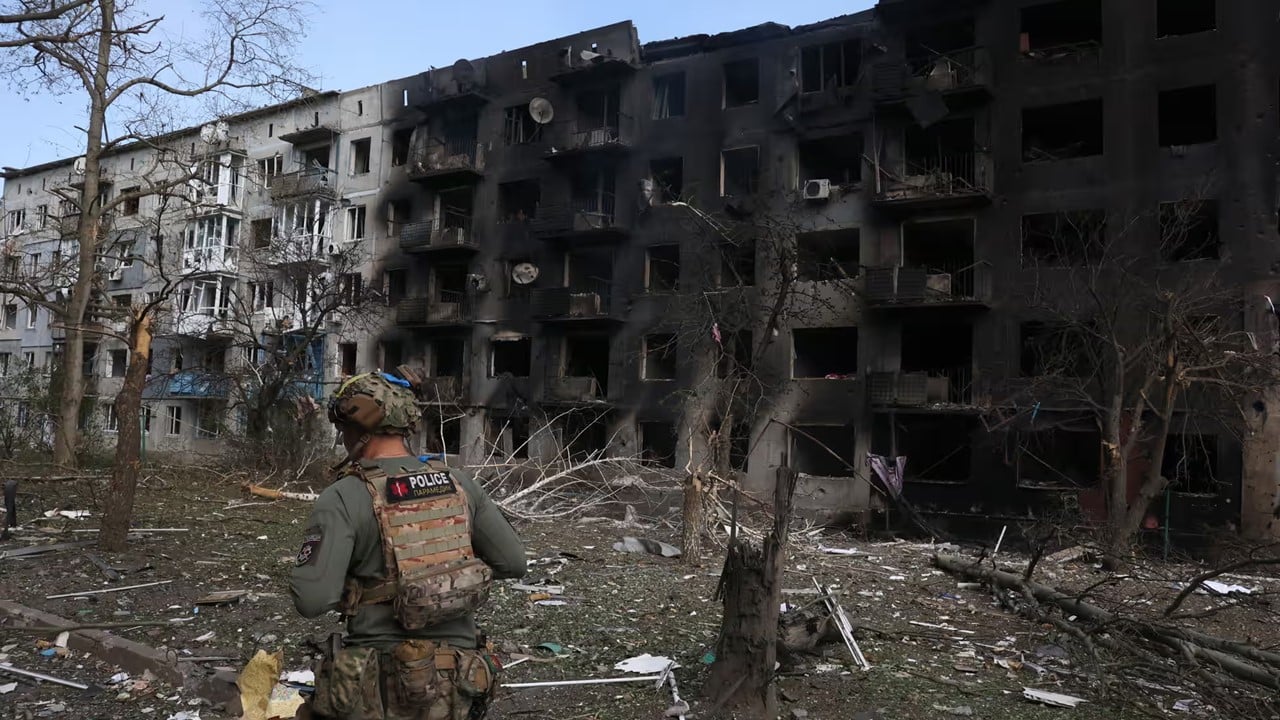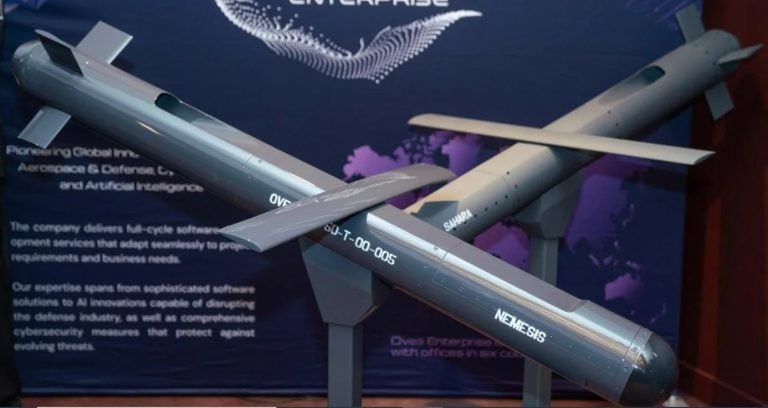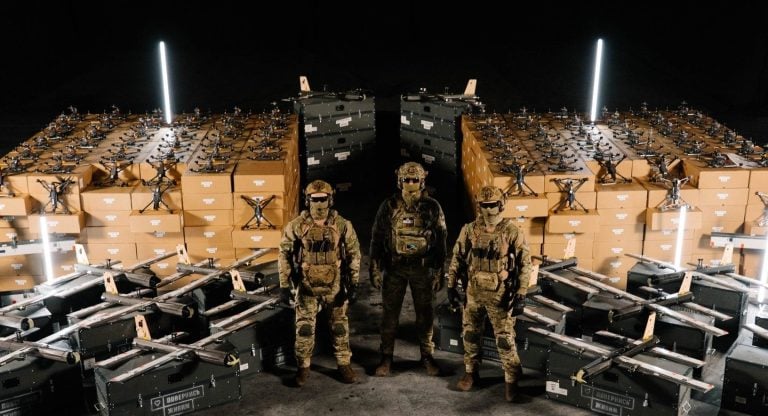Russian strikes have led to extensive blackouts and disrupted phone networks in Chernigiv, a northern Ukrainian city, with ongoing drone attacks hampering repair efforts. This series of assaults has prompted authorities to implement restrictions on electricity consumption across the country in recent weeks, in response to a systematic campaign targeting energy infrastructure and rail networks.
Chernigiv, which faced a brief occupation during the early stages of Russia’s invasion in February 2022, has seen particularly intense bombardment recently. The city, which had an estimated pre-war population of 283,000, has been plunged into darkness as critical services struggle to cope.
A spokesperson for the regional authorities reported that essential infrastructure, including hospitals, has been forced to rely on autonomous power sources. Severe outages initiated late Monday have left residents without electricity, leading to water supply issues, especially for those living on higher floors of buildings. “The whole city and the surrounding area in the north is blacked out,” stated Andriy Podorvan, a representative of the Chernigiv regional military administration.
The Ukrainian energy ministry further explained that repair crews have been unable to commence restoration work on damaged facilities due to what they described as “relentless” Russian drone assaults. In a statement, the ministry accused Russian forces of deliberately deploying unmanned aerial vehicles to hover over critical sites, thereby obstructing any repair efforts and exacerbating the humanitarian crisis.
Veterinary worker Oleg shared his distressing experiences with the lack of power in Chernigiv. “There is no heat, and the animals are cold. There is no water to give them to drink. There is nothing to clean the premises with. There is no way to clean our instruments either,” he lamented, reflecting the dire conditions faced by both humans and animals alike.
In a stark contrast to the reality on the ground, the Kremlin maintains that its military operations are focused solely on targeting military installations. Officials have attributed the enduring suffering of civilians to Kyiv’s refusal to accept Russian proposals for ending the conflict.
In international responses, the International Criminal Court (ICC) in The Hague has issued arrest warrants against senior Russian military officials, accusing them of committing war crimes by inflicting excessive harm on civilians through strikes on energy infrastructure. Additionally, a separate arrest warrant has been issued for Russian President Vladimir Putin, in connection with the alleged abduction of Ukrainian children from territories under Moscow’s control.







